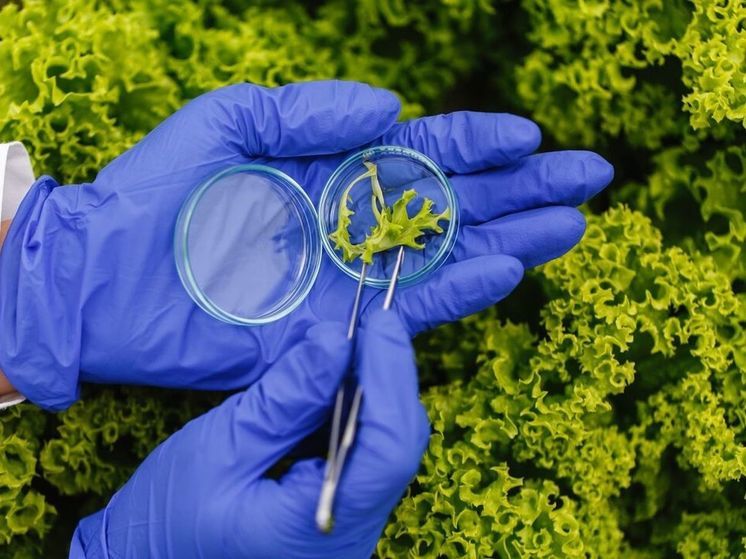Irina Popova and Alexander Ignatov, researchers at the Institute of Applied Economic Research of the Presidential Academy, thought about how Russia could influence bioeconomy programs in the G20. They found out who rules the roost today and with whose help our country can advance its own interests.
 Photo: freepic.diller-ru.freepik.com
Photo: freepic.diller-ru.freepik.com
Bioeconomics – production, exploitation and use of biological resources, processes and systems to produce products, processes and services in all sectors of the economy as part of a future-oriented economy.
Germany today occupies a leading position in the development of the bioeconomy and is a pioneer in supporting research and technology development. The main goal of developing a bioeconomy is for industry and society to become increasingly independent of fossil resources: coal, oil and natural gas. It is also important to integrate economics and ecology to ensure more sustainable use of resources.
Germany has initiated many bilateral and multilateral initiatives, organizes and hosts major international events in the field of bioeconomy, and provides expert, technical and financial support to initiatives around the world. One of their main partners in this area has become Brazil, which, as chairman, is launching the bioeconomy agenda at the G20. At the same time, experts assess the influence of the Germans on Brazil as significant, which, in turn, may adversely affect the interests of the BRICS in general, and Russia in particular.
“The focus is on Germany’s research potential. It underlies domestic policy: significant resources are allocated for research and development, which are then successfully commercialized by large industrial enterprises. Investments in development are significant and make the sector as competitive as possible in the world, which helps achieve the goal set in the bioeconomy development strategy – become a place of innovation in a global context,” says Popova.
“Germany managed to successfully find its niche. The reputation of German research centers, carefully supported by the state, significant financial resources and available technologies, and the ability to commercialize developments allow Germany to retain and attract the best specialists and not experience a shortage of personnel. In foreign policy, cooperation on research issues prevails, funding is provided for these needs, and technical and expert assistance is provided. Germany is the organizer of many events and the founder of platforms for international dialogue. Cooperation on bioeconomy issues in a bilateral format is actively developing. Germany can be an attractive partner, since it is ready to enter into mutually beneficial cooperation, provide its resources and technologies on its territory and the territory of its partner,” added Ignatov.
According to researchers, Brazil enjoys all the advantages, and it can also provide Germany with access to biomass and research into unique organisms and biomes. Considering Germany's leading position in the development of the bioeconomy, as well as close ties with Brazil on these issues, we can expect the republic to have a serious influence on the agenda. Germany will emphasize the role of the bioeconomy in decarbonization and the abandonment of hydrocarbons.
It is important for Russia to prevent the demonization of hydrocarbons in the bioeconomy agenda under pressure from Germany and other G7 members. This can be done, according to the authors, by coordinating positions with BRICS partners and Brazil.


